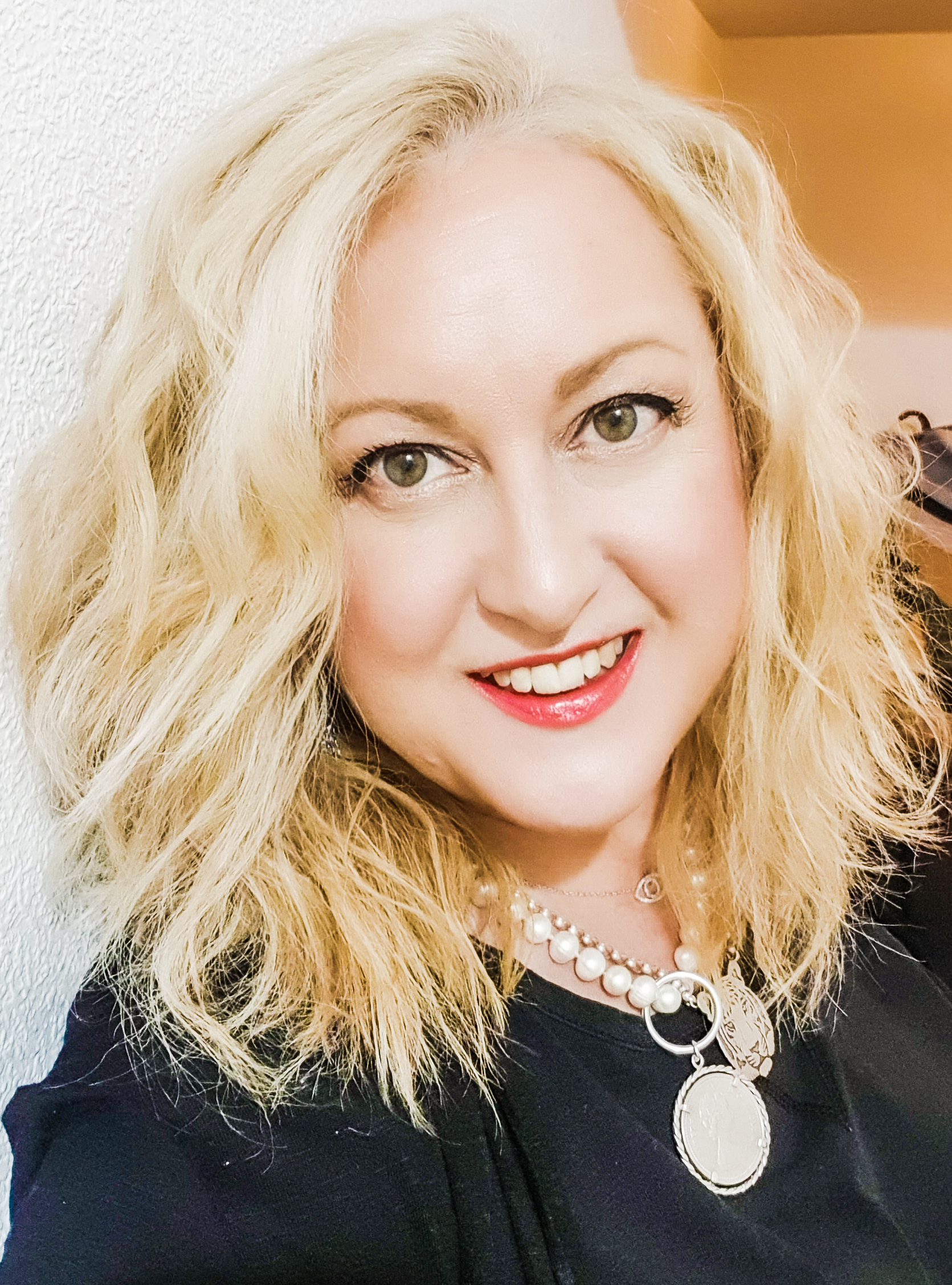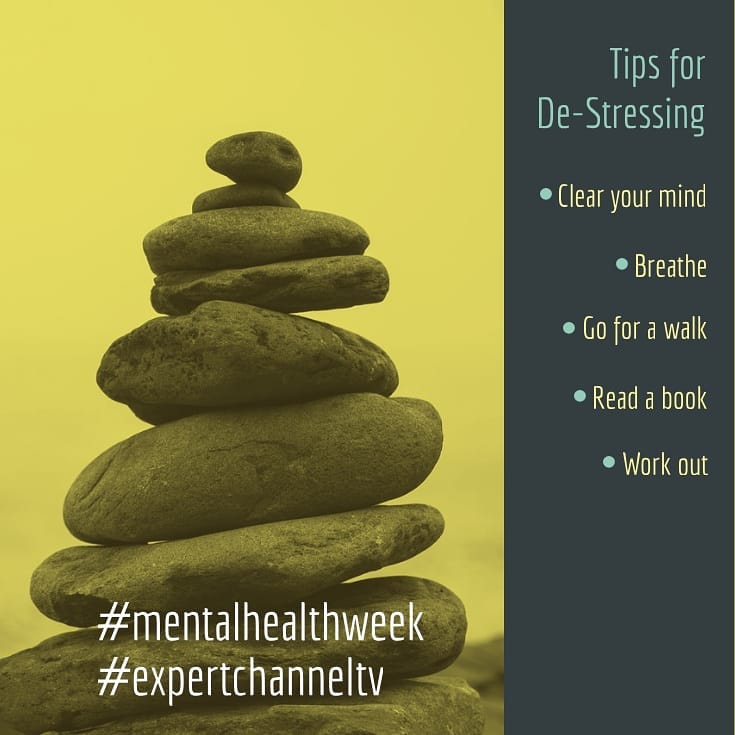While the study of the brain has sped up massively over the last few years, Mental Health is still a huge taboo among most cultures.
International days are marked on our calendars to help bringing awareness onto certain topics that need to be addresses or celebrated. It is no different with International Mental Health Day, observed on October 10th all over the world.
But truth be told, we should be aware every single day because it is an every day reality for all those suffering from a mental health issue. None of us are free from experiencing some kind of mental health issue at some point in our lives and what never ceases to shock me is how stigmatised this topic still remains.
While the study of the brain has sped up massively over the last few years, Mental Health is still a huge taboo among most cultures.
Although gone are the days where mental health patients were hidden, marginalised, stigmatised, there are many people today who are ashamed of speaking about their own or their loved one´s issues in public.
This needs to change.
Mental health is just like any other health issue.
When you have a toothache, nobody is embarrassed to admit they have got an appointment with the dentist, are they?
However, when someone feels something is not quite right in the way they feel, or they notice something going on in their mind, they close up, they don´t like to say they are visiting a psychologist, therapist or psychiatrist. Well, these professionals are simply the doctors or therapists of the mind, just as a dentist is the doctor or the mouth.
We need to stop stigmatising people who have mental issues, whether these are chronic, grave or just temporary due to trauma or stress.
It is ok to seek for help when needed, we all need help at some point in our lives. Not finding the right help can increase the problem and even trigger more serious issues.
It is hard to categorise mental health issues, as throughout the years different institutions have tried to group and describe them with no conclusive results. Even today, there´s more than one categorising system.
But let´s not get lost in the lingo, what we really must try to do is open our minds (pun intended) and realise that mental health needs to be in the forefront of the health system.
I foresee a huge increase in mental health issues in the near future, with drugs and addictive behaviours becoming more mainstream, our younger generations are in for some serious cognitive and behavioural challenges.
Education and handling emotions have taken a 180º turn in the last few years.
Millennials, Gen Y , Gen Z are not used to handling rejection, they are born (metaphorically) with a sense of entitlement and “See it now-want it now” that in my opinion will lead to frustrated adults in may cases.
Even the written-in-stone for so many years Fashion business has changed to adapt to these new generational wants and demands.
As with most things, I believe that a sense of entitlement also serves as a self-confidence mechanism, however if it is not paired and supported with realistic expectations, rejection management, creative solving, resilience, emotional intelligence and empathy, it will only lead to arrogant, frustrated unable to take no for an answer- individuals.
Rejection and the handling of it is part of learning and growing, if you rip all education from it, you are not helping kids to face hardships and struggles and to find solutions.
Giving people the right tools to find solutions and become resilient is key if we want to raise an emotional intelligent society.
So, we will see where all this new era takes us and how it is going to affect mental health in the future.
?What do you think?
✒️ Is it an increasing issue among our society?
✒️ Is support enough? If not, what should be done?
✒️ How can we make sure we are maintaining a healthy lifestyle and business?
✒️ What is your forecast for the next few years?


